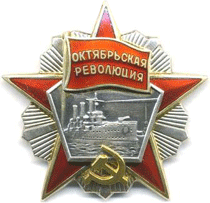- cross-posted to:
- blacksea
- cross-posted to:
- blacksea
крос-постнато от: https://feddit.bg/post/10818
The documents appear to contradict Georgescu’s claims that he didn’t receive any foreign campaign support and came first in the Nov. 24 election simply because his message resonated with the Romanian people.
Some 25,000 accounts were part of a network on TikTok directly associated with Georgescu’s campaign and became very active in those two weeks, the document says.
About 800 of those accounts had existed since 2016 — the year TikTok was released — but had barely been active until November of this year.
Logins for Romanian election-related websites were posted on a cybercrime platform of Russian origin as well as on a private Telegram channel known for disseminating data stolen from many countries — but never Russia, according to one of the SRI documents.
The SRI identified more than 85,000 cyberattacks that sought to exploit vulnerabilities in Romania’s election IT system, aiming to obtain access to data, change content and crash the network. The attacks continued for several days, including election day and the day after, and came via 33 countries — making it difficult to attribute responsibility to one nation in particular, the SRI said.
Georgescu claimed he spent no money on his election bid — raising questions about how he managed to run such a successful campaign without dropping a dime.
But a briefing note compiled by Romania’s interior ministry reveals that so-called social media influencers were recruited by intermediary companies, at least one of which appears to have been a ghost entity, to promote an unnamed “ideal candidate” profile before the election on TikTok, Instagram and Facebook. These influencers earned around €80 per post for every 20,000 followers they had.
Some of Georgescu’s campaign supporters involved in promoting and buying votes are members of right-wing, extremist movements; have ties to organized crime; or belong to religious cults that were previously involved in promoting pro-Russian, antisemitic, anti-NATO and anti-Ukraine narratives, according to the interior ministry document.

